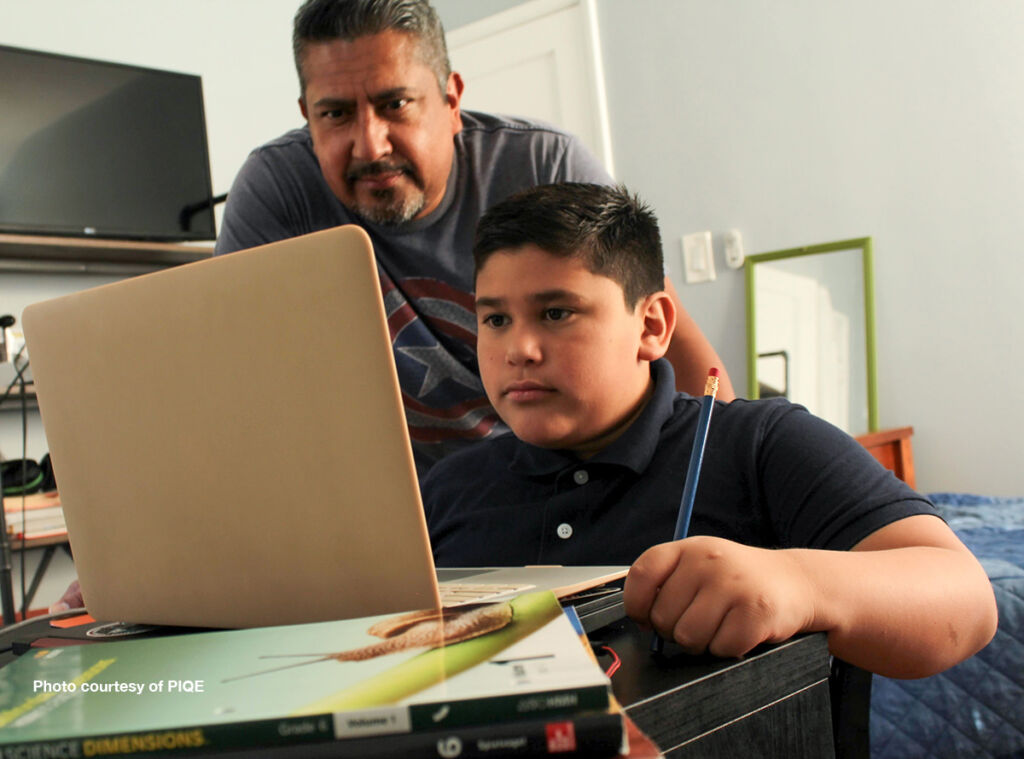While school closures keep everyone safe, they also interrupt daily routines, which can be a challenge to children learning at home. Establishing a regular routine is important to your child’s education. Children learn best when their days are predictable, which relieves anxiety for both you and your child.
Here are some things you can do to help your child learn while at home:
Wake up time: Establish a consistent time for waking up every day. This ensures children get enough sleep and allows them to wake up smoothly, get dressed, and prepare for their day.
Academic time: Establish a time to ensure your child continues to learn. Set aside time to read, write in a journal, study, practice math, explore science, or do other activities similar to what they would be doing in their classroom. Your teacher’s scheduled class times should also be part of your plan,
Creative time: Children are naturally curious and creative. Give them time to use their creativity. This is a great way to help children stay engaged in the absence of school time. Have them draw, paint, play with clay or Play-Doh, build with Legos, listen to music, help with cooking or baking, or other creative activities.

Exercise or playtime: Physical activity is vital for healthy children. Consider taking children for a morning and/or evening walk, exploring a local park, or doing other physical activities indoors and out. Exercise can also help children focus on other tasks, manage their emotions, and sleep well.
Quiet time: Having quiet time for children, especially young children, allows them to disconnect from their activities and balance their emotions. Quiet time can help them better focus when the time comes for them to return to their academic and/or creative activities.
Mealtime: Maintaining a schedule for meals and snacks helps children avoid hunger and ensures that they have enough energy to get through their day.
Here’s a sample schedule that you can adjust to help create a routine for your school-aged child.
| Activity | Time |
|---|---|
| Wake Up | Before 8:30 a.m. |
| Mealtime | 8:30 – 9:00 a.m. |
| Exercise or Play Time | 9:00 – 10:00 a.m. |
| Academic Time | 10:00 – 11:00 a.m. |
| Creative Time | 11:00 a.m. – 12:00 p.m. |
| Mealtime | 12:00 – 1:00 p.m. |
| Quiet Time | 1:00 – 2:30 p.m. |
| Academic Time | 2:30 – 4:00 p.m. |
| Exercise or Playtime | 4:00 – 5:00 p.m. |
| Mealtime | 5:00 – 6:00 p.m. |
| Free Time | 6:00 – 8:00 p.m. |
| Bedtime | 8:00 p.m. |
Routines help children feel safe and let them know what to expect each day. A proper routine can also help ensure that there is time for learning, creativity, exercise, and play every day. Read more below:


